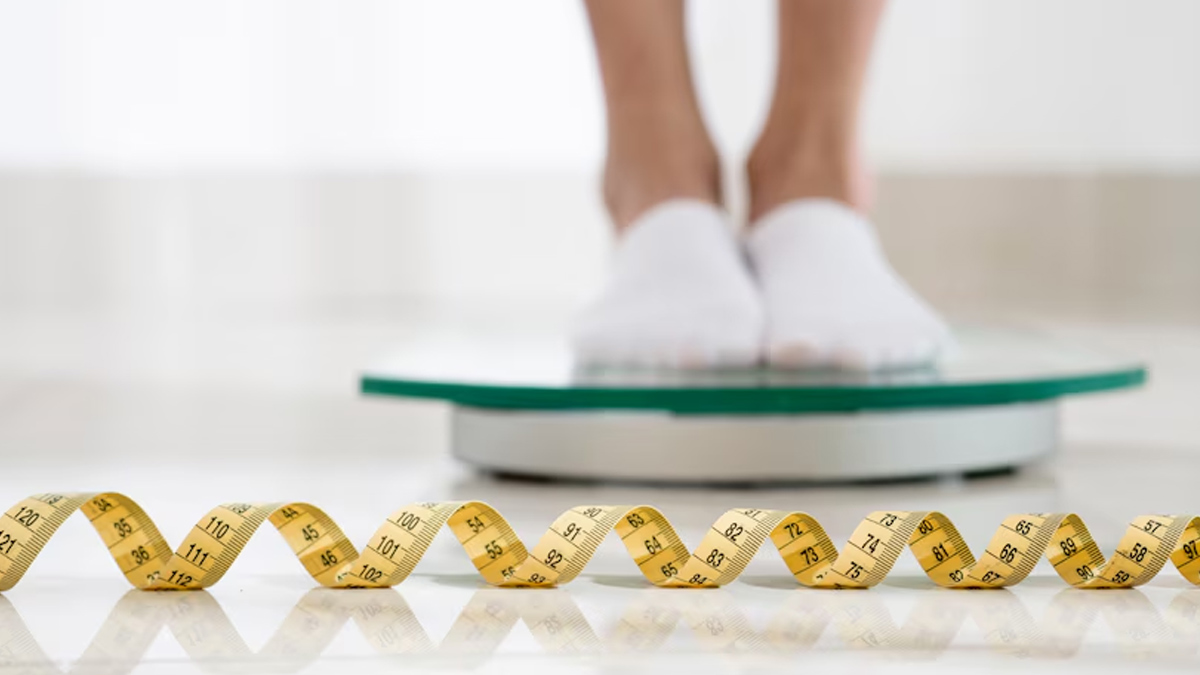
There are enormous reasons for weight gain during postpartum. After the birth of the child, the life of new moms becomes hectic. Sleepless nights, loss of regular routine, no time for self-care, not able to exercise regularly and added stress of looking after a new life with all your heart and making sure nothing goes wrong.
Table of Content:-
Right after childbirth, women lose the weight as the baby is out and so is the placenta. But instead of losing, you keep gaining weight and you are not even pregnant anymore. To understand whether this postpartum weight gain is normal or not, OnlyMyHealth interacted with Dr Sneha Rajiv, Consultant - Obstetrics and Gynaecology, Manipal Hospital, Yeshwanthpur, Bangalore.
Weight Gain After Pregnancy

According to Dr Sneha, weight gain is not normally seen as an inevitable consequence of childbirth. There are several ways in which you can work to prevent this. Talking about the reasons that might lead to weight gain after delivery, Dr Sneha said, “Postpartum weight gain is a common occurrence that affects a significant number of women worldwide. Primarily, the hormone responsible for milk secretion, known as prolactin, is also recognized for its role in increasing appetite and promoting fat storage, thus contributing to weight gain.”
Adding further, Dr Sneha said, “Factors such as hormonal changes, fluid retention, increased calorie intake during breastfeeding, and reduced physical activity due to recovery and caring for a newborn can contribute to this weight retention.”
How Much Weight Gain Is Normal?

Dr Sneha said that there is no specific range of weight gain that can be said to be normal during the postpartum period. Some women tend to lose weight gradually after childbirth but this varies greatly among individuals. Some women may lose weight while others may gain it. “It's important to note that breastfeeding can also impact weight loss or gain. Many women lose around half of the weight gained during pregnancy within six weeks postpartum, and then continue to lose weight gradually over the following months or even up to two years postpartum, depending on their diet and exercise habits.”
The Institute of Medicine’s report suggests that approximately half of women have an excess weight of 5 kg or more and one quarter 10 kg or more at 6 months postpartum.
Also read: Navigating Postpartum: Expert Helps Understand Your Body's Journey After Childbirth
Effective Ways To Lose Postpartum Weight
It is important to remember that every woman’s body is different and the rate at which weight is lost varies. Some women tend to shed weight quickly while others may take longer requiring additional efforts. “Patience and self-compassion are crucial during this time, as the body needs time to recover from pregnancy and childbirth,” Dr Sneha said.

Speaking about healthy lifestyle choices to lose weight, she said, “Healthy lifestyle choices, including a balanced diet, regular physical activity (once approved by a healthcare provider), and adequate rest, can support postpartum weight loss. However, it's essential to prioritise overall health and well-being over achieving a specific weight or body image.” Consulting a healthcare expert can help you with personalised guidance and support during your postpartum period. Here are ways in which you can avoid weight gain:
- Having planned and balanced meals
- Avoiding unnecessary snacking
- Being mindful of portion sizes
- Eating more fruits, vegetables and lean proteins
- Exercising regularly
- Getting adequate sleep
- Staying hydrated
(Disclaimer: This article is for informational purposes only. We advise you to connect with your healthcare provider if you are facing any health issues after childbirth.)
Also watch this video
How we keep this article up to date:
We work with experts and keep a close eye on the latest in health and wellness. Whenever there is a new research or helpful information, we update our articles with accurate and useful advice.
Current Version